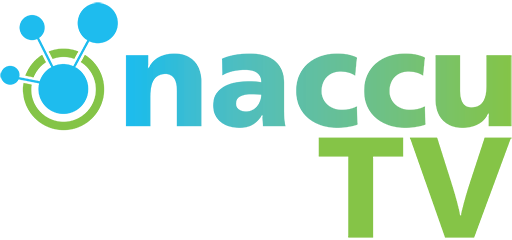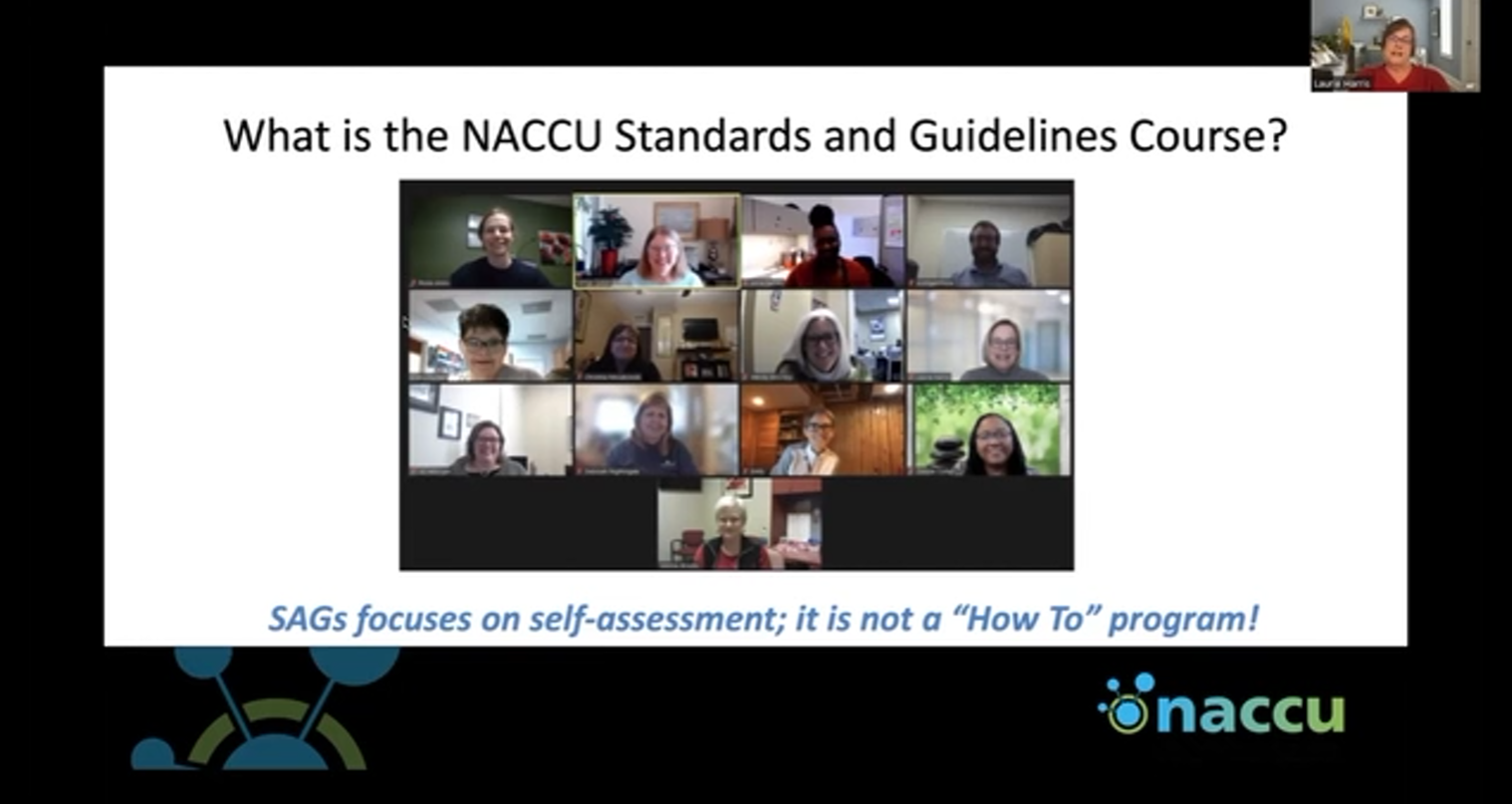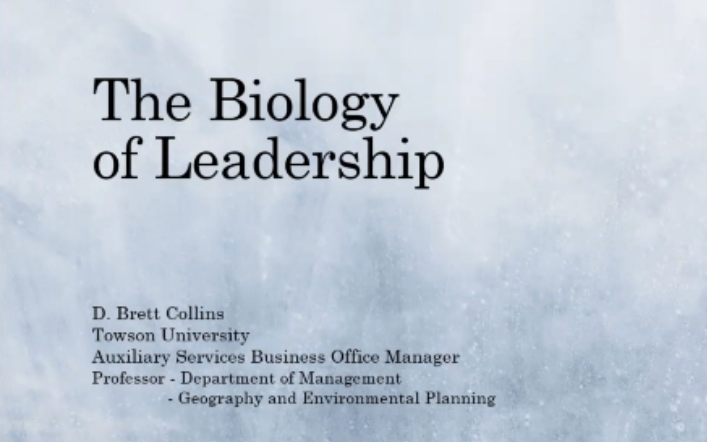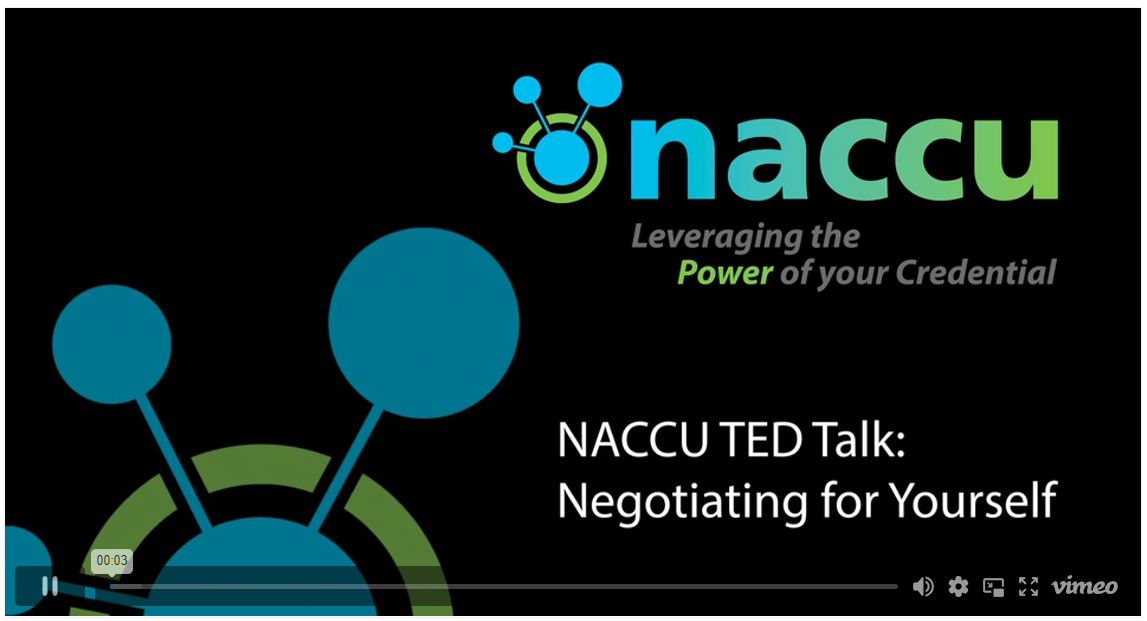TED Talk: Learning to Pause
- Tags: Professional Development, TED Talk
TED Talk: Learning to Pause
Have you ever felt you were spinning on a merry-go-round that never stops? Do projects, meetings, obligations continue to pile up, no matter how much you accomplish? Let some of the paint dry and learn the benefits of hitting pause. Join this conversation to learn and share ways to refresh and restore more balance into your life.
Discussion Questions
1. In a world that tends to cater to more, better, faster (and louder), how can your card office achieve a place of being enough, and at a calming pace to still accomplish your goals?
2. How did we get to the place of constant moving? Why do we feel the need to compete faster rather than pace accordingly?
3. Directly speaking to the campus credential world, how has the faster routine worked for your department as a whole?
4. Can someone share an example of what it may look like when letting the paint dry?
5. Reset Quote – You look at any industry – you’re not innovating unless people are questioning it. If you’re innovating, you’re doing something nobody’s done before, which means you’re re-writing rules, resetting boundaries, re-creating systems. And that means the traditional industry is going to question it. — Ryan Kavanaugh.
6. According to the World Health Organization (WHO), burnout is now defined as “an occupational hazard,” rather than a medical condition. Last May, the WHO officially recognized this novel phenomenon as a “syndrome resulting from chronic workplace stress that has not been successfully managed.” Previously, WHO had defined burnout as a “state of vital exhaustion,” but the new designation defined it for the first time as a work hazard. How do you relate or connect to this new definition in your card office?
7. Additionally, another survey just published in the United Kingdom found that 20 percent of home workers say that they have increased their alcohol consumption. A third report that they are eating less healthily, 60 percent exercise less, two-thirds report problems sleeping due to anxiety, and a third say they feel lonelier. This is a recipe for a major health disaster. What are some great ideas we can create in our working environment that will help alleviate becoming a statistic in this manner?
8. When was the last time you did a digital unplug for 24hours? How can we stay connected within our offices that do not require a digital connection? Is this even possible? I’m curious to hear your feedback.
Facilitator:
Alicia Barnes, Illinois Institute of Technology
Alicia Barnes serves on the Facilities Business Service Management Team at the Illinois Institute of Technology. She is a long time NACCU member and a proud graduate of the SAGs program.
Jorrun Liston: Welcome everyone! We are recording this session and will post on naccuTV.
Jorrun Liston: Alicia asked: How has a faster routine worked for your department? Is it even working?
Jorrun Liston: There’s that instant gratification at play again!
Jorrun Liston: Alicia asked: The current office can’t come back, it has to come forward. It has to be more expressive with the tools you already have. Can you relate to that?
Jorrun Liston: Alicia asked: When was the last time you did a digital unplug for 24 hours? How can we stay connected in our office that doesn’t require a digital connection? Is that even possible?
Jessica Bender: I went on vacation this past weekend (4 day weekend) and I turned off teams and email notifications for that whole time and told office they could text in an emergency
Jessica Bender: It was hard
Stacey Howell: the only way to unplug for me is to take vacation, but even then they still message me for help
Jan Montoya: way to go!
Jen McDonald: I hear that
Jessica Bender: I use focus time on my calendar as well – as suggested through Microsoft
Stacey Howell: that’s great, tried that still doesn’t work in my office
Amy Slaughter: We are fully in person but that is still impossible while working. I plan to unplug during my spring break week.
Wendy McCrory: to unplug I think of something I need, I’ll have to wait until I see the person. Immediate response is something I’ve come to rely on
Wendy McCrory: ND has very crisp fresh air
Jessica Bender: I have also learned conversely that it is helpful to give deadlines to others when asking for things
Amy Slaughter: Thank you Alicia 🙂
Crystal Bazarnic: That was wonderful – thank you!
Stacey Howell: Thank you Alicia, that was really helpful
Alicia Barnes: You are more than welcome everyone. Thank you for the chance to share
Munny Malik: Thank you
Nicole Camacho: Thank you!
As the only association that specializes in the campus identification and transaction industry serving the national and international campus card community, NACCU is dedicated to high quality educational programs, resources, services, and tools. The NACCU community offers its members networking, partnerships, leveraging technology, problem-solving, insight sharing, and professional development.
NACCU membership is open to all colleges, universities, secondary institutions and companies that are involved with the campus card market. Learn more and join the community at https://www.naccu.org



